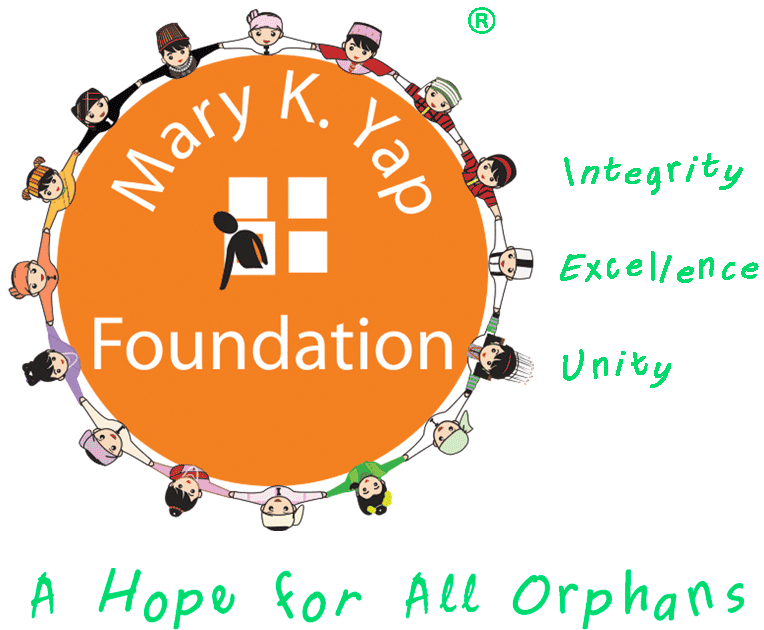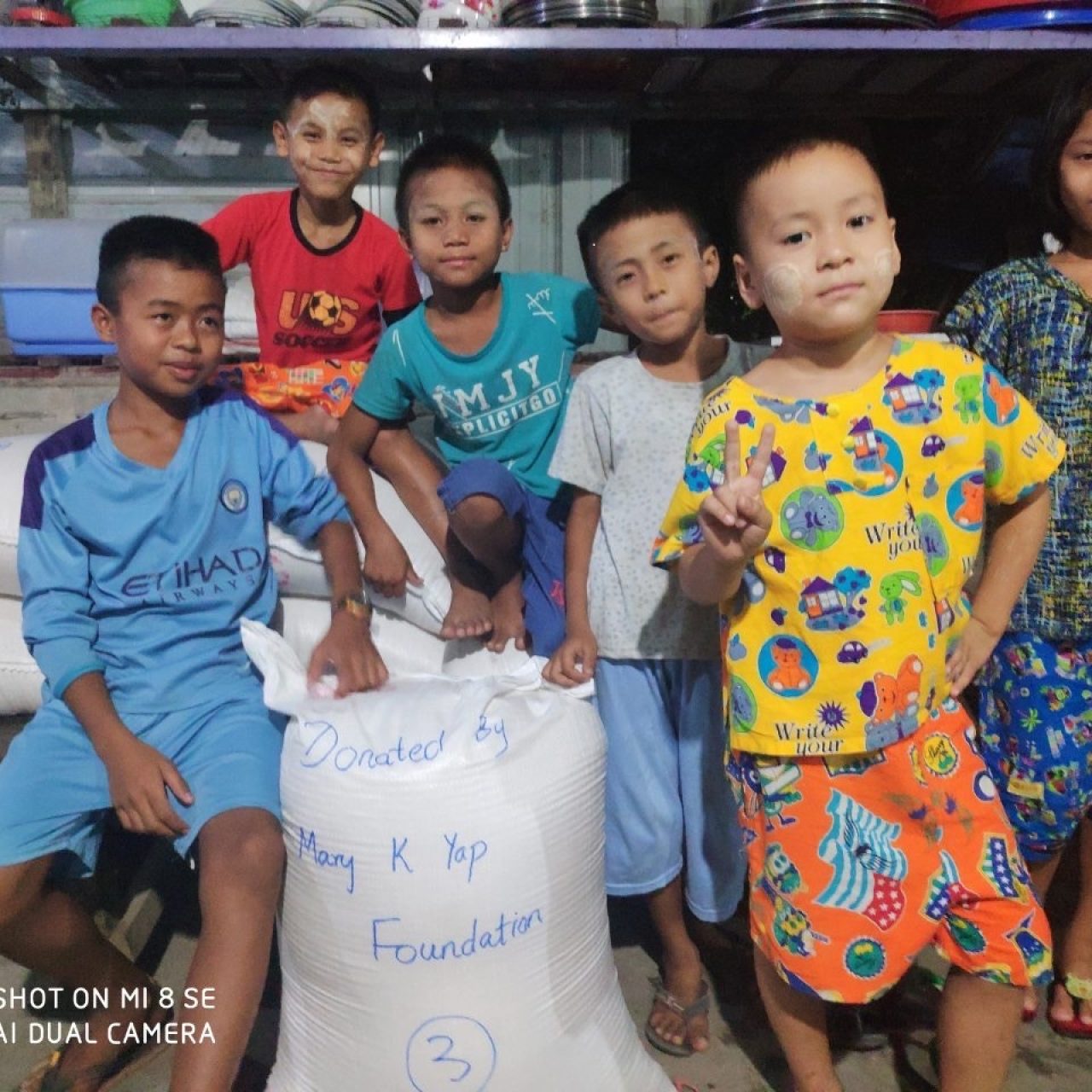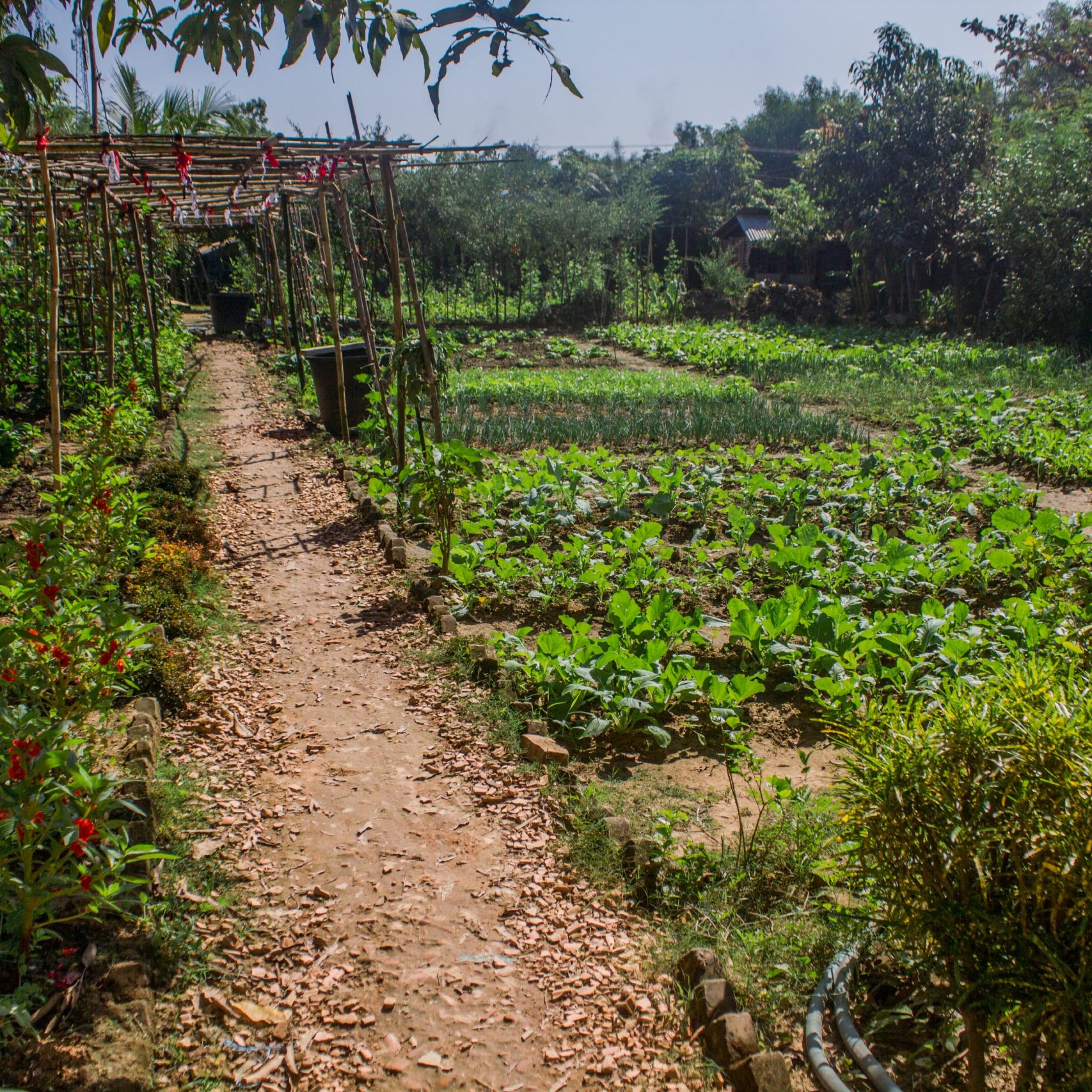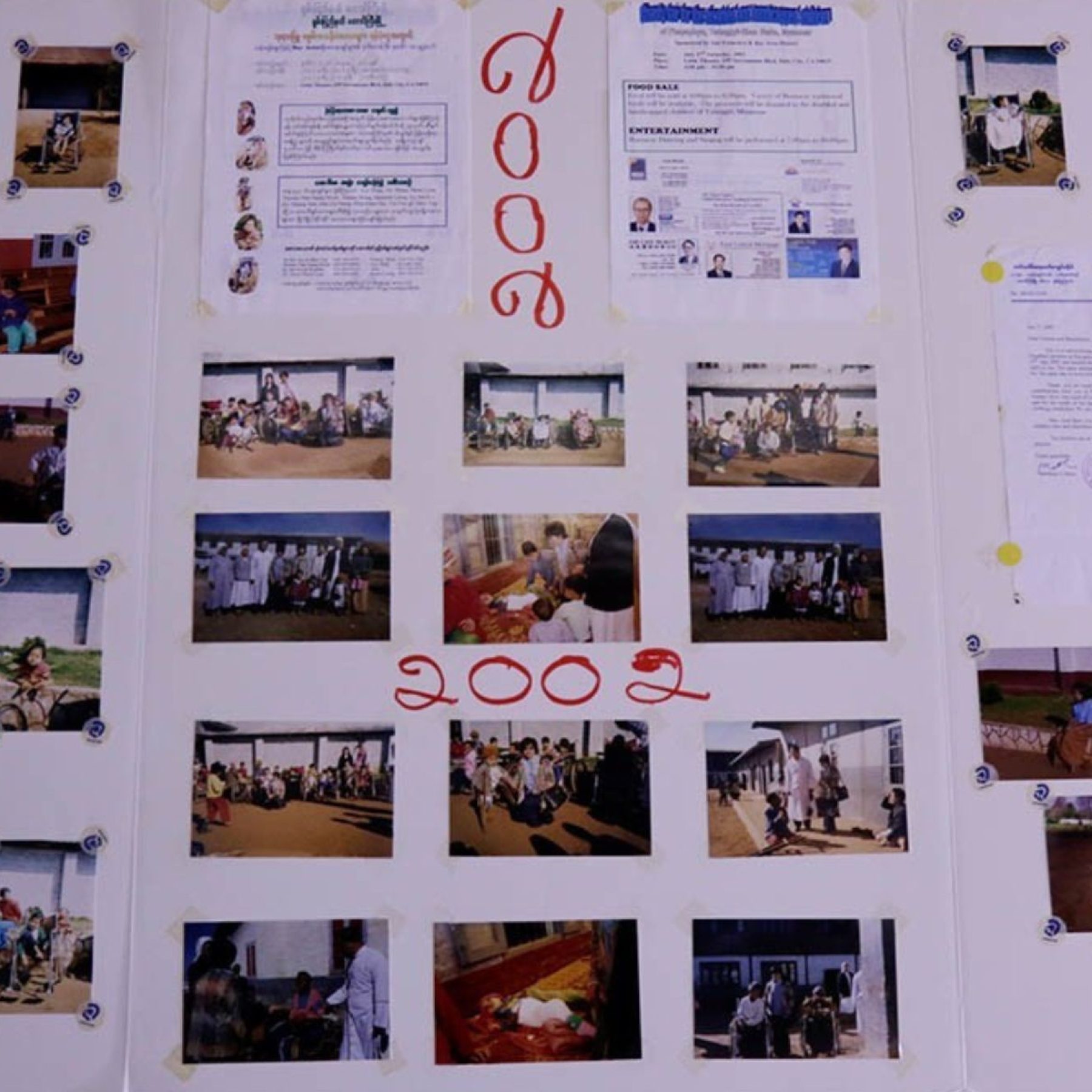
Goal #2: Zero Hunger
Impacting Lives Through Hunger’s Demise!
“While we may not be able to eradicate all the world’s sorrows, let us strive to end the famine from the lives of orphan children, for they are the future that deserves nourishment, care, and hope.”
Nana Danny Mainoo
Orphanage Ambassador, GhanaEvery orphan deserves nutritious meals for a brighter tomorrow. The Foundation conveys the importance of providing proper nourishment to orphaned children. We support the growth and development of orphaned children by providing them with the necessary resources and care. We take great pride in investing in their future well-being and potential by distributing Rice Bags and Rice Plates to orphanages in the countries we serve.
Our active participation in the Zero Hunger Food Program serves the orphan children’s basic physiological needs. Their well-being is paramount to our mission. By nourishing orphaned children, we enable them to grow, thrive, and have improved opportunities for a brighter and more hopeful future. By meeting these essential needs for food, we are fulfilling their immediate requirements and laying the Foundation for a better future.
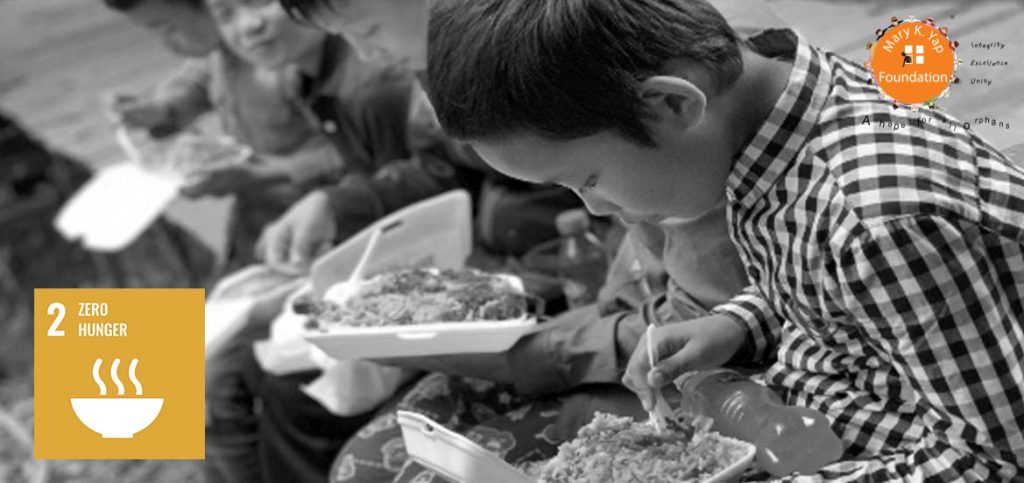
Eradicating Hunger offers numerous benefits for individuals, communities, and societies bringing transformative changes for all who share common goals.
When it comes to orphanages, the positive impact of our Zero Hunger Food Program has been profound, bringing about transformative changes and yielding a range of significant advantages. We have witnessed remarkable outcomes that extend beyond immediate sustenance by addressing Hunger within these orphanages. Here are some vital, impactful benefits that have emerged as a result of our dedicated efforts and the positive effects that amplify our Zero Hunger Food Program on these orphanages:
- Improved Health: We provide orphanages access to sufficient and nutritious food, which then promotes better health outcomes, reduces malnutrition, and lowers the risk of hunger-related diseases and poor nutrition.
- Enhanced Productivity: Children with enough to eat can lead more productive lives. Well-nourished individuals have increased energy levels, cognitive abilities, and physical strength, positively impacting their work, education, and overall productivity.
- Poverty Reduction: Hunger often goes hand in hand with poverty. By eradicating Hunger, we can break the cycle of poverty, as individuals and communities can allocate more resources towards education, entrepreneurship, and economic development.
- Social Stability: Hunger and food insecurity can lead to social unrest and conflicts. Addressing Hunger contributes to social stability by reducing inequalities, minimizing tensions, and promoting peaceful coexistence.












- Economic Growth: Hunger hampers economic growth and development. Ensuring everyone has sufficient food can create a foundation for sustainable economic growth, as healthy and well-nourished populations are more likely to engage in productive activities and contribute to the economy.
- Environmental Sustainability: Hunger eradication can be achieved through sustainable agricultural practices and efficient food systems. Promoting sustainable farming techniques, reducing food waste, and improving resource management can help preserve ecosystems and mitigate the environmental impact of food production.
- Human Rights: Access to adequate food is a fundamental human right. Eradicating Hunger is an essential step towards fulfilling this right and ensuring the dignity and well-being of all individuals.
Overall, the benefits of eradicating Hunger extend beyond mere food provision. It has wide-ranging positive impacts on health, education, economic development, social harmony, and environmental sustainability, making it a crucial goal for societies worldwide.
The right to adequate food is recognized and protected under international human rights instruments, including the United Nations Convention on the Rights of the Child (UNCRC).
The United Nations Convention on the Rights of the Child (UNCRC), which our Foundation works to uphold, outlines the rights of all children and sets forth the obligations of states to ensure their well-being and development. The right to food mentioned in the UNCRC Charter aligns with the Mary K. Yap Foundation’s broader mission to promote and protect the rights and well-being of orphan children worldwide, ensuring access to adequate food and nutrition in a nurturing environment.
